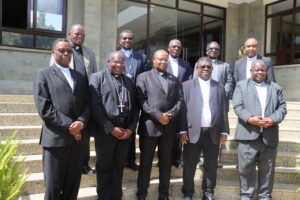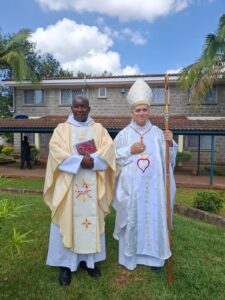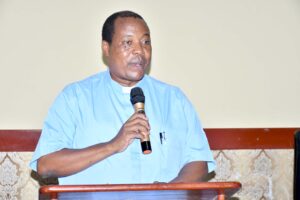MALAWI: Diocese Remains Committed to Ending Violence Against People with Albinism
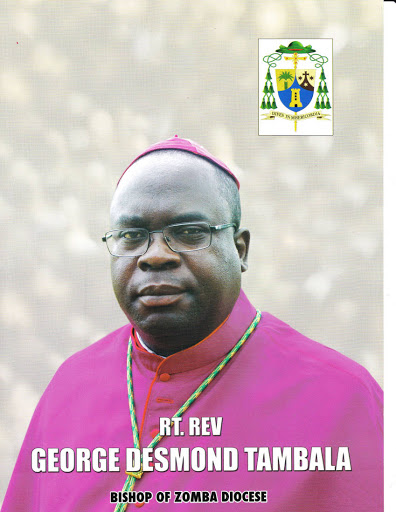
Rt. Rev. George Desmond Tambala
By Mastone Peter
The Catholic Diocese of Zomba says it remains committed to ending violence and all forms of human rights abuses that people with albinism face in various places.
Rt. Rev. George Desmond Tambala, Bishop of the Diocese, was speaking at Thondwe Pastoral Centre when he was officially opening a two-day workshop for priests, chiefs and school head teachers aimed at drilling them on how best they can contribute towards improving the lives of people with albinism through access to justice and quality health care services which was organized by the Catholic Commission for Justice and Peace (CCJP).
The Bishop said people with albinism suffer serious violations of their rights and risk losing lives in attacks, hence the need for the Church and all other stakeholders to join forces to ensure that these people are not living in fear.
“As a Church, we have a huge responsibility to protect people with albinism by ensuring that they enjoy equal access to justice and good health care services, just like any other person,” continued Bishop Tambala.
The Local Ordinary added that taking care of vulnerable groups of people like those with albinism is one of the main focus areas of the Dioceses’ five-year Strategic Plan (2017-2022) and the workshop complements the efforts of the Diocese.
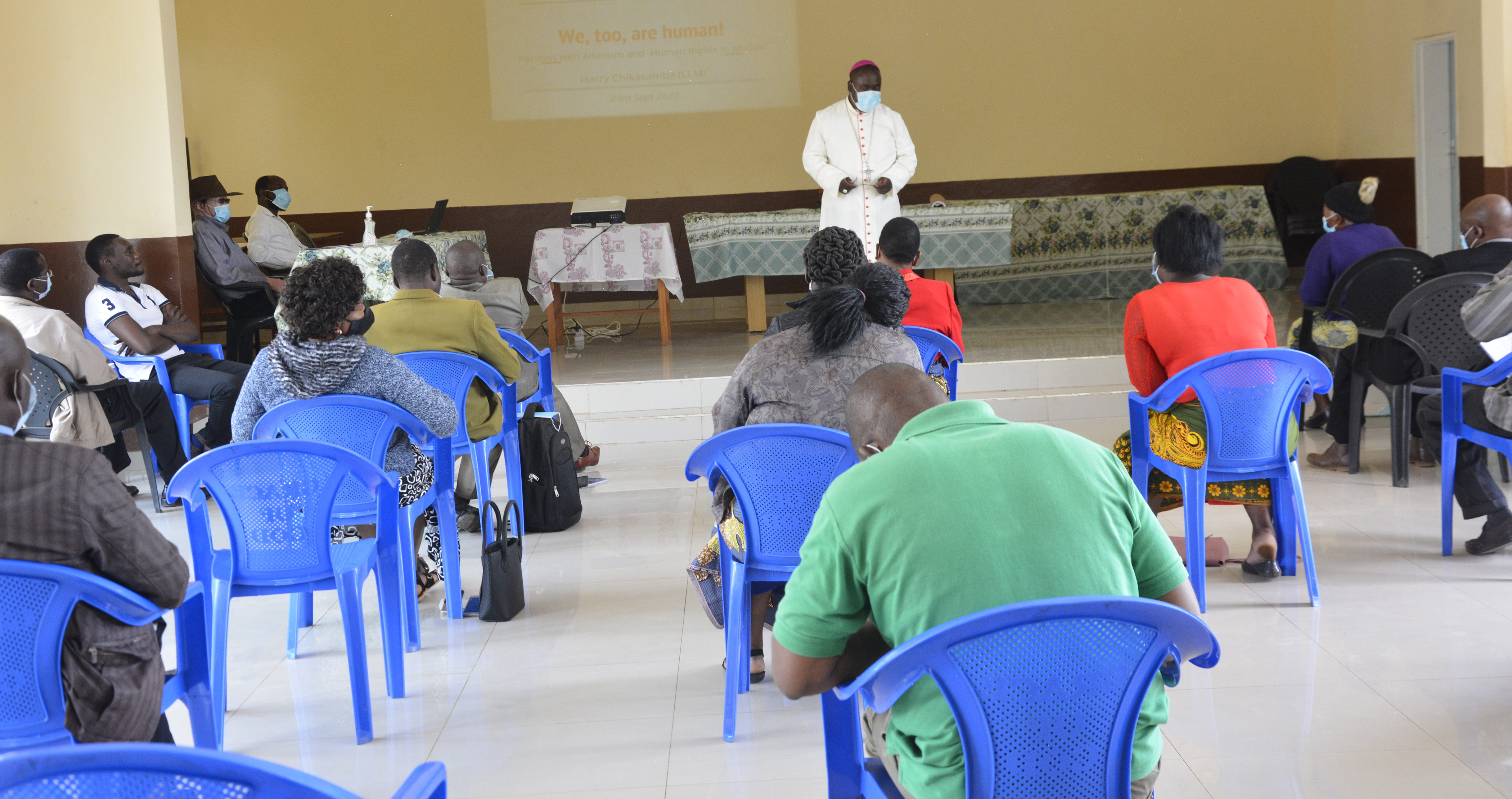
Addressing participants at the workshop, CCJP Coordinator for Zomba Diocese, Mr. Bryce Chawiya, said the Commission decided to organize the workshop to equip priests, chiefs and school head teachers with knowledge and skills on how best they can protect rights of people with albinism in the areas where they are based.
On his part, chairperson of the Association of People with Albinism-APAM in Zomba District, Mr. William Masapi, thanked the Diocese of Zomba for organizing the workshop saying that it has come at a right time when lives of people with albinism are at great risk.
Mr. Masapi lamented that the abuses people with albinism face have an adverse spiritual and social-economic impact because these people live in hiding such that they cannot participate and contribute significantly to the development of their families, churches and the country at large.
A recent study by National Statistics Office (NSO) indicates that Zomba district has over 5, 150 people with different albinism statuses.
Catholic Commission for Justice and Peace is implementing a two-year project in the districts of Zomba and Machinga with funding from European Union through SCIAF.
